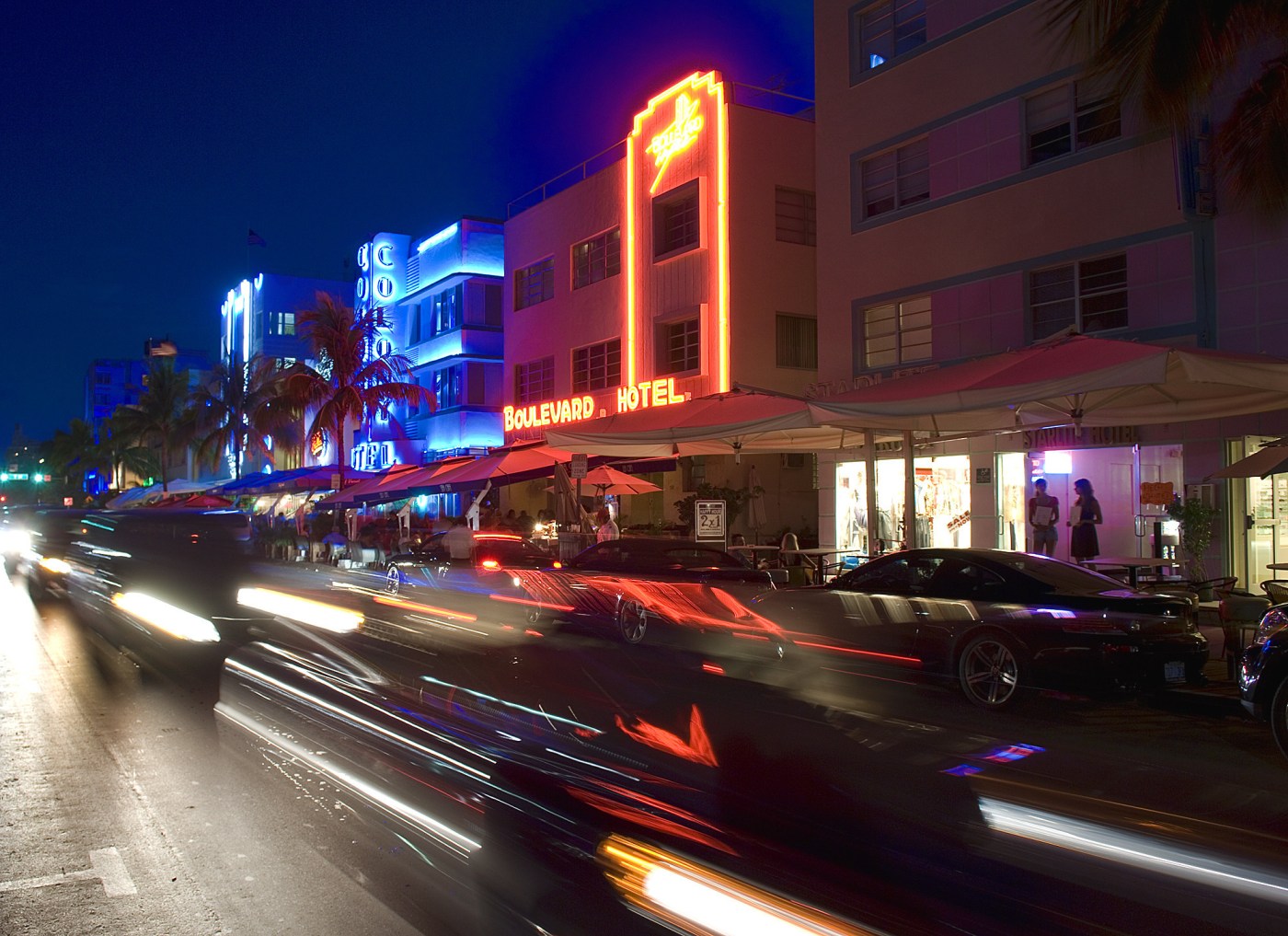World
Miami Beach Challenges State’s Ban on Street Art, Including Rainbow Crosswalks

The city of Miami Beach has formally contested a directive from the Florida Department of Transportation (FDOT) that mandates the removal of street art and markings, including the highly visible LGBTQ-themed rainbow crosswalks. On Thursday, Miami Beach filed a petition at the Division of Administrative Hearings, asserting that the FDOT issued its directive in a memorandum dated June 30 without adhering to the legally required rule-making process.
Miami Beach’s legal challenge aims to prevent the enforcement of the memorandum unless the state properly adopts it as a rule, which typically requires public commentary and other procedural steps. The city’s attorneys emphasized that the memorandum does not simply offer guidance; it imposes binding obligations and penalties that alter the legal rights of local governments.
“Memorandum 25-01 does not merely provide guidance,” the city’s legal representatives stated. “It declares certain design features non-compliant, directs that they be removed, and mandates district enforcement by the Department of Transportation. It further authorizes FDOT to withhold state funds or directly remove installations if local governments do not comply.”
Impact on Local Art and Community
This directive has sparked significant controversy across Florida, particularly as it has resulted in the removal of rainbow street art, including a prominent display outside the Pulse nightclub in Orlando, where a tragic shooting claimed 49 lives in 2016. Miami Beach’s petition specifically addresses the removal of rainbow-colored “terrazzo pavers” located at the intersection of Ocean Drive and 12th Street.
The FDOT memo justifies the removal of these markings on the grounds of safety. It asserts that non-standard surface markings and signage can cause distractions that may jeopardize both driver and pedestrian safety. The memo also highlights the importance of consistent traffic control devices for the effectiveness of automated vehicle operations.
Legal Arguments and Next Steps
The Department of Transportation’s directive cites legal authority under state manuals that outline minimum standards for road design and maintenance. However, Miami Beach argues that these manuals and the relevant state law do not support the sweeping ban introduced in Memorandum 25-01.
“Each of these sources either permits limited use of decorative or colored pavement treatments under defined conditions or establishes a process for adopting enforceable standards by rule,” the city’s attorneys contend. “Memorandum 25-01 goes further by vitiating those flexible standards and imposing a binding, statewide ban.”
In addition to the petition filed at the Division of Administrative Hearings, Miami Beach has also submitted a separate petition to the FDOT requesting a hearing on the matter. The outcome of these legal challenges may significantly influence the future of street art and community expression throughout Florida.
-

 Lifestyle3 months ago
Lifestyle3 months agoLibraries Challenge Rising E-Book Costs Amid Growing Demand
-

 Sports3 months ago
Sports3 months agoTyreek Hill Responds to Tua Tagovailoa’s Comments on Team Dynamics
-

 Sports3 months ago
Sports3 months agoLiverpool Secures Agreement to Sign Young Striker Will Wright
-

 Lifestyle3 months ago
Lifestyle3 months agoSave Your Split Tomatoes: Expert Tips for Gardeners
-

 Lifestyle3 months ago
Lifestyle3 months agoPrincess Beatrice’s Daughter Athena Joins Siblings at London Parade
-

 World3 months ago
World3 months agoWinter Storms Lash New South Wales with Snow, Flood Risks
-

 Science3 months ago
Science3 months agoTrump Administration Moves to Repeal Key Climate Regulation
-

 Science2 months ago
Science2 months agoSan Francisco Hosts Unique Contest to Identify “Performative Males”
-

 Business3 months ago
Business3 months agoSoFi Technologies Shares Slip 2% Following Insider Stock Sale
-

 Science3 months ago
Science3 months agoNew Tool Reveals Link Between Horse Coat Condition and Parasites
-

 Sports3 months ago
Sports3 months agoElon Musk Sculpture Travels From Utah to Yosemite National Park
-

 Science3 months ago
Science3 months agoNew Study Confirms Humans Transported Stonehenge Bluestones









